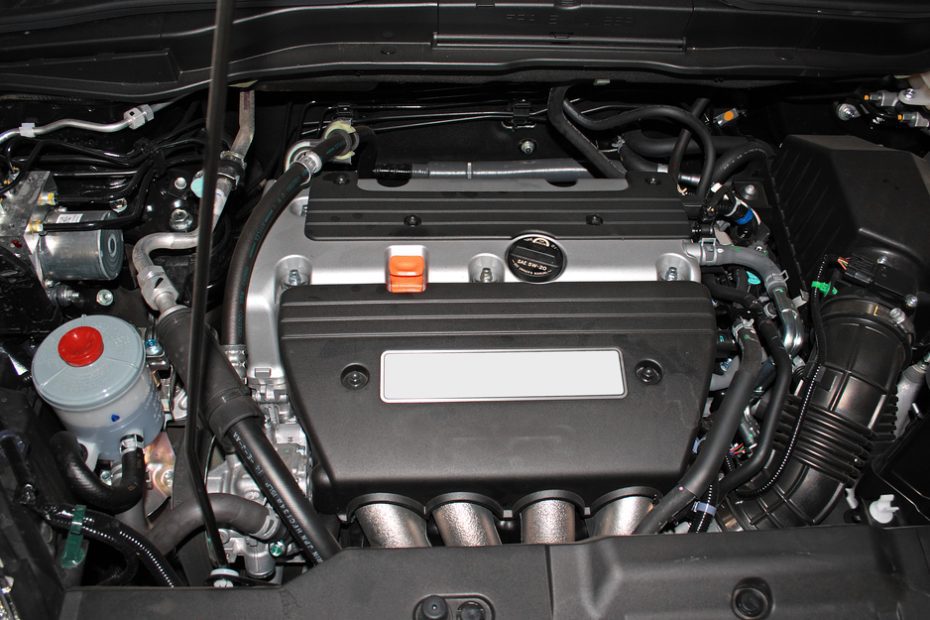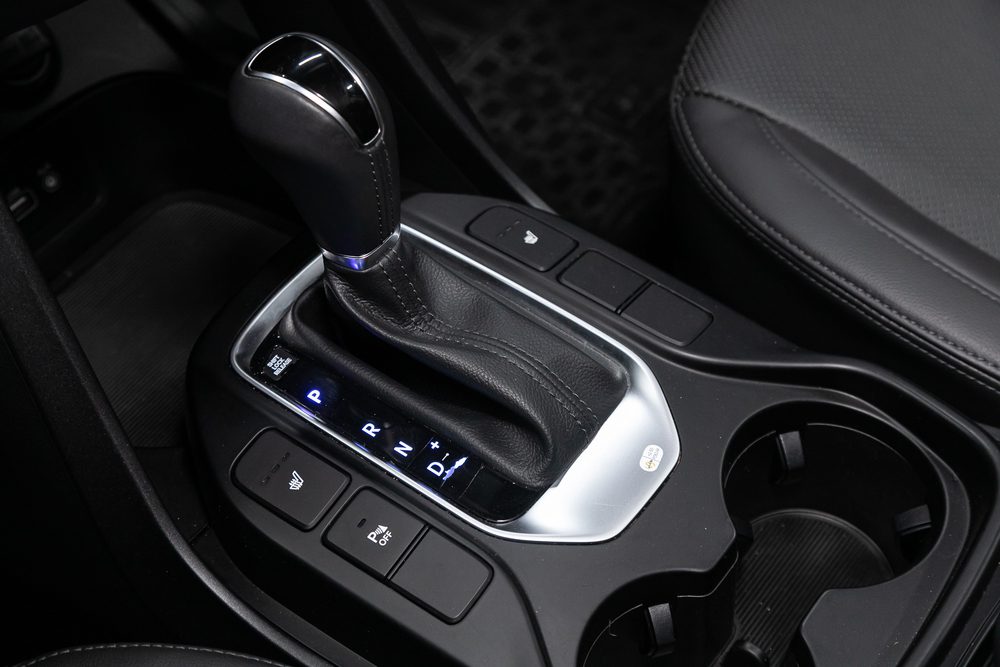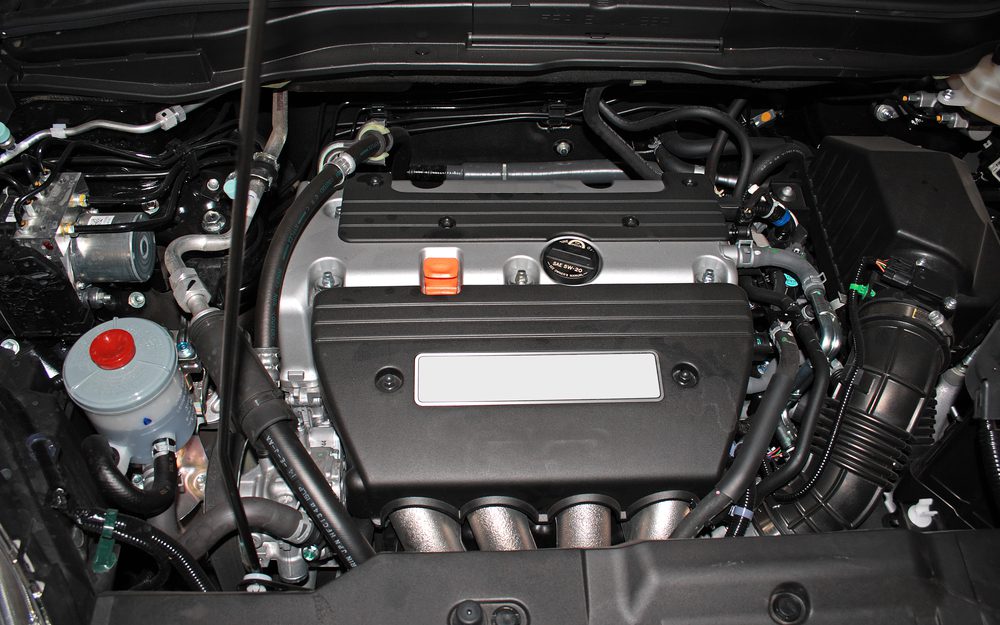What does the BCM body control module do?
The BCM (Body Control Module) is an essential component in modern vehicles that plays a crucial role in managing and controlling various electrical systems. It acts as a central hub, connecting and coordinating the functions of numerous electronic components throughout the vehicle, ensuring their proper operation.
Functions of the BCM
The BCM performs a wide range of functions, primarily focused on monitoring, controlling, and coordinating various electrical systems within the vehicle. Some of its key functions include:
1. Lighting Control
The BCM controls the exterior and interior lighting systems of the vehicle. It manages functions such as automatic headlights, daytime running lights, fog lights, turn signals, brake lights, and interior lighting. By receiving input from various sensors and switches, the BCM ensures that the appropriate lighting systems are activated at the right time.
2. Power Distribution
The BCM acts as a control center for distributing electrical power to various components and systems in the vehicle. It regulates the flow of electricity to ensure that each component receives the necessary power while preventing overloading or short circuits. This helps protect the vehicle’s electrical system from damage and ensures the uninterrupted functioning of critical components.
3. Door Locks and Windows
The BCM oversees the operation of the power door lock and window systems. It receives input signals from the door lock switches and controls the locking and unlocking of doors. Additionally, it manages the operation of power windows, allowing for centralized control from the driver’s side or individual control from each respective door.
4. Alarm and Security Systems
The BCM is responsible for managing the vehicle’s alarm and security systems. It receives signals from various sensors, such as the door ajar sensor, hood switch, and motion detectors, to determine if there is unauthorized access or any potential security threats. In such cases, it can activate the alarm system or send alerts to the vehicle owner.
5. Climate Control
In some vehicles, the BCM is involved in controlling the climate control system. It receives input signals from the temperature sensors and cabin controls to regulate functions such as air conditioning, heating, and ventilation. The BCM ensures that the desired temperature settings are maintained, providing comfort to the occupants.
Fun Fact: The BCM is often referred to as the “nerve center” of the vehicle due to its crucial role in managing and coordinating electrical systems.
Importance of a Properly Functioning BCM
A properly functioning BCM is vital for the overall performance, safety, and comfort of the vehicle. Since it controls various essential systems, any malfunction or failure of the BCM can lead to significant issues. Some common symptoms of a faulty BCM include:
- Malfunctioning or non-responsive lighting systems
- Inoperable power windows or door locks
- Inconsistent or incorrect climate control
- Alarm or security system problems
If you notice any of these symptoms, it is essential to have the BCM diagnosed and repaired by a qualified technician to prevent further complications.
In conclusion
The BCM is a vital component in modern vehicles, responsible for coordinating and controlling various electrical systems. From lighting control and power distribution to managing door locks, windows, alarms, and climate control, the BCM plays a pivotal role in ensuring the proper functioning and safety of the vehicle. Regular maintenance and prompt repair of any BCM-related issues are essential to keep your vehicle running smoothly.
Is it body control module or BCM?
Introduction
When it comes to automobile technology, acronyms are a common sight. One such example is the Body Control Module, often referred to as the BCM. But is there a difference between the two terms? Let’s explore this question and shed some light on the matter.
The Body Control Module (BCM)
The Body Control Module, or BCM, is an essential component of modern vehicles. It acts as a central hub that controls various electrical systems and functions within the car. From controlling the lights and windows to managing the security system and climate control, the BCM plays a crucial role in ensuring the smooth functioning of these features.
What Is in a Name?
While the terms “body control module” and “BCM” are often used interchangeably, it’s important to note that they refer to the same component. The use of the acronym BCM is more prevalent in technical discussions and automotive literature, while “body control module” is a more descriptive term for the average car owner.
Why Use the Acronym?
The abbreviation “BCM” is commonly used due to its brevity and convenience. It allows technicians and enthusiasts to quickly refer to this vital component without using the full term. Additionally, the use of acronyms in the automotive industry helps streamline communication and understanding across the board.
The Importance of the BCM
The Body Control Module serves as the nerve center of a vehicle’s electrical system. It ensures that all the different features and systems work together seamlessly. From regulating power distribution to enabling communication between different modules, the BCM contributes to the overall functionality and safety of the vehicle.
How the BCM Works
The BCM receives input from various sensors throughout the vehicle, interprets the data, and initiates appropriate actions. For example, when the driver locks or unlocks the car, the BCM signals the corresponding actuators to carry out the desired action. This process happens in milliseconds, allowing for efficient control and operation.
Do all cars have a body control module?
In today’s modern vehicles, the body control module (BCM) plays a crucial role in managing various electrical functions and systems. However, it is important to note that not all cars have a body control module installed.
Cars with Body Control Modules
Most newer vehicles, especially those manufactured within the last decade, are equipped with a body control module. This electronic control unit acts as the central hub for controlling and monitoring various components and systems, such as:
- Interior and exterior lighting
- Power windows and mirrors
- Central locking system
- Alarm and security features
- Climate control
- Audio and entertainment systems
The BCM ensures smooth communication and coordination between these different systems, enhancing overall vehicle performance and user experience.
Cars without Body Control Modules
However, not all cars have a body control module. Older or more basic models may rely on individual control units dedicated to specific functions, rather than a centralized BCM. These vehicles often have separate modules for controlling lighting, climate control, and other systems.
While not having a BCM may simplify the vehicle’s electrical system, it also means that there is less integration and coordination among different functions.
Benefits of Body Control Modules
The introduction of body control modules has brought several advantages to car manufacturers and owners. Some of the benefits include:
- Simplified Wiring: A centralized BCM reduces the need for extensive wiring harnesses, making the manufacturing process more efficient and cost-effective.
- Enhanced Functionality: The integration of various systems under a single control module allows for advanced features and customizations that enhance the overall driving experience.
- Diagnostic Capabilities: With a BCM in place, technicians can easily diagnose and troubleshoot issues by analyzing data and error codes stored within the module.
“The body control module has revolutionized the way we control and manage electrical systems in vehicles, offering convenience and advanced functionality.” – Automotive expert
In conclusion, while not all cars have a body control module, they have become increasingly common in modern vehicles. Their integration of multiple systems and functions provides added convenience, enhanced functionality, and easier diagnostics. However, older or simpler cars may still rely on individual control units dedicated to specific functions.
Conclusion
While both the terms “body control module” and “BCM” refer to the same component, their usage may vary depending on the context. Whether you encounter the acronym or the full term, what remains important is understanding the vital role the BCM plays in the proper functioning of a vehicle’s electrical systems.
“The BCM serves as the central brain of a vehicle’s electrical system, ensuring that everything works smoothly.”



